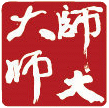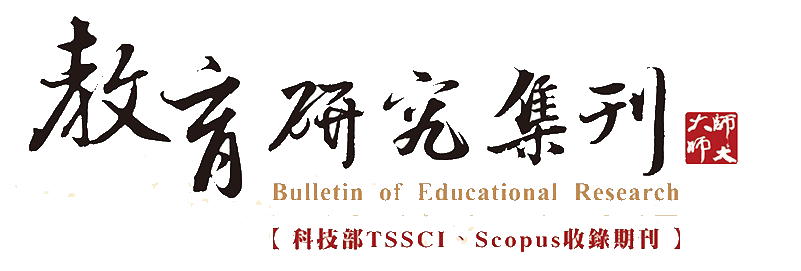| 篇名 |
東周的教育及學術思想(二)
更多文章
|
|---|---|
| 作者 | 賈馥茗 |
| 中文摘要 | 孔子之後,儒家著作確切傳流下來的,首先是孟子七篇。談孟子的教育思想,便以這七篇為根據。七篇的篇名是:梁惠王、公孫丑、滕文公、離婁、萬章、告子和盡心;每篇分上下,今日流傳的書名便是「孟子」。後世把孟子毫無疑義的歸入於儒家,是在孟子這本書中看出了孔子思想的承傳。而孟子出生於孔子之後一百多年,已經進入東週的戰國時期、政治和社會狀況距離「先王」時代的理想愈去愈遠,是有識之士無法存而不論的。所以孟子表現了自己的觀點和主張,而教育和政治與社會不能分割,因為教育必須在穩定的政治狀況下,才能正確而有系統實行,對於這一方面,孟子也提出了自己的看法。最後是孟子的全部教育主張。本段便以這四項為主來加以申述。 |
| 英文摘要 | A little more than one hundred years after the death of Confucius, one of his contemporaries, Mencius(372—287 BC)carried on and developed his school, the so—called Confuciuism. Through self—study of Confucius and Chinese classics, Mencius adopted Confucius’ thoughts and the basic Chinese philosophy from ancient till the later Chou Dynasty. In his book entitled Mencius clearly showed this approach. In addition, he advocated his own concepts about virtues, Man, politics and education. Among philos |
| 起訖頁 | 1-27 |
| 刊名 | 教育研究集刊 |
| 期數 | 199006 (32期) |
| 出版單位 | 國立臺灣師範大學教育學系 |
| 該期刊-下一篇 | 教育的概念﹑口號與隱喻 |








